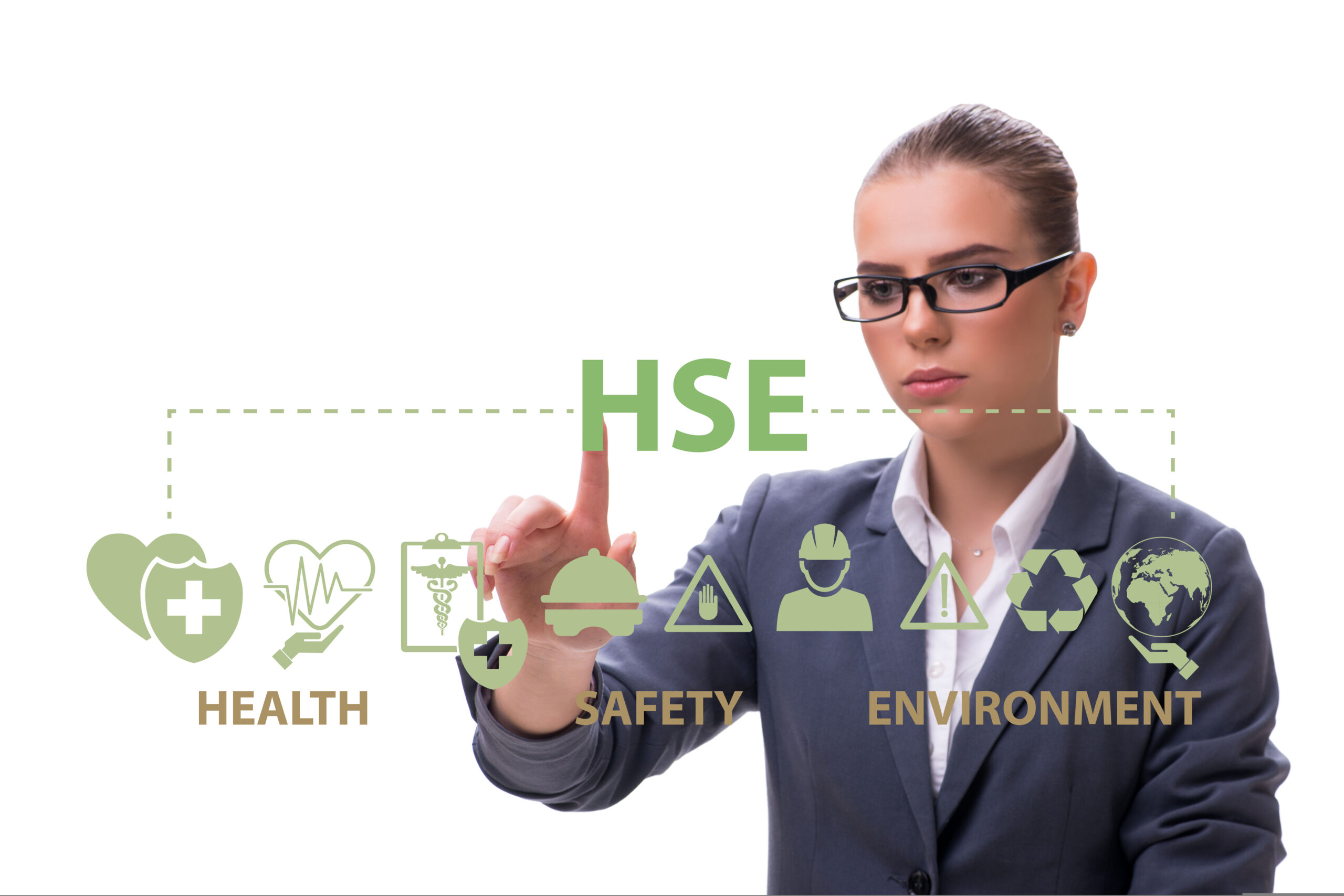With global awareness an ever-growing priority, stakeholders are demanding more accountability from business leaders for their impact on society and the environment. Businesses such as Unilever and Marks & Spencers are keeping pace with these demands by promoting sustainability within their operations and management. Their example of a decentralized approach to corporate sustainability necessitates a heightened awareness not only of environmental and social trends, but also the resultant risks/rewards of such trends to all levels of management within the company (not limited to the boardroom).
In the book Embedded Sustainability: The Next Competitive Advantage, Professors Dr. Chris Lazlo and Dr. Nadya Zhexembayeva analyze how corporate social responsibility seemed appropriate in the past, but modern ecological and social pressures demand a new type of response from businesses—i.e., embedding sustainability. Their analysis necessitates incorporating environmental, health, and social value into core business decisions without a trade-off in price or quality. In the ten years that have transpired since the release of their book, with more companies releasing greener and smarter products, investing in green technologies, and enabling higher returns for investors, it is obvious the corporate world has indeed moved in the direction of embedded sustainability. The market realities of declining resources and increasing demands for radical transparency and corporate responsibility have pushed businesses in this direction. The businesses resistant to this change are quickly becoming obsolete.
Adding to predictable market pressures and developments is the test of resiliency that the COVID-19 pandemic has become. Businesses that have embedded sustainability as a strategy are the ones passing. Recent research of FTSE-100 companies reveals evidence of embedding sustainability in the business strategies of more than 60% of top-performing companies. With it fast becoming the new norm in corporate culture, embedded sustainability is suddenly “everyone’s job.” However, this begs the question, if sustainability is now an intrinsic part of every organization, what role does Environment, Health, and Safety (EHS) play in the foreseeable future?
As sustainability remains a material issue to businesses, the necessity of company EHS departments is underlined. EHS is evolving beyond compliance and regulation, now facilitating success in embedded sustainability and other competitive advantages required to survive in the changing world of business. An effective EHS department can provide the following functions:
- Reporting accurate, up-to-date sustainability data and metrics (water, waste, energy, and emissions)
- Maintaining safety in the workplace through training
- Recording and advertising health and safety events
- Promoting awareness of environmental sustainability
- Educating employees on the Sustainable Development Goals
- Creating opportunities for SDG participation
- Organizing material partnerships with suppliers based on sustainability and safety issues
- Building global sustainable values through auditing supply chains
Increasingly complex regulatory and compliance requirements combined with sustainability practices make EHS departments more necessary than ever before. While all other business functions may change little over time, the role of the EHS department is fluid and constantly adapting to global changes. The pandemic has served to prominently underline this fact. As business strategies adopt more embedded sustainability, EHS will evolve to facilitate this growth, resulting in a more equal, safe, and sustainable world.
Author Bio

Fatima Fasih
Experienced in corporate sustainability in both developed and emerging markets, Fatima Fasih has over 5 years of experience in advising businesses on their sustainability strategies and reporting. She also assists businesses in identifying their progress on the UN Sustainable Development Goals.
Currently, working as an independent Sustainability Consultant, Fatima holds a Masters degree in Sustainability Management and Bachelors in Health Sciences and Environmental Science from the University of Toronto.
She is also certified a Greenhouse Gas Inventory Quantifier (GHG-IQ) and aims to work towards pushing businesses to play a larger role in solving the world’s biggest sustainable development problems: hunger, poverty, and inequality.



